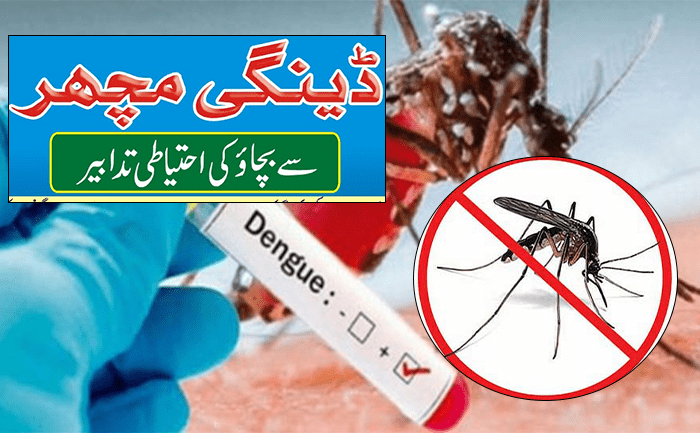Fatty liver disease, a condition that affects countless individuals, often goes unnoticed until it progresses to a more severe stage. But the good news is that you can take control of your liver’s health by adopting a healthy lifestyle. In this article, we’ll explore the ins and outs of fatty liver disease, how you can safeguard your liver, and provide answers to some frequently asked questions. Let’s dive in and discover the path to a healthier liver.
Introduction
Our liver is a remarkable organ, performing a wide range of functions to keep our bodies running smoothly. One critical role it plays is breaking down fats. However, when fat accumulates in the liver, it can lead to fatty liver disease. This condition, if left unaddressed, can progress to more severe forms and potentially result in liver damage. But with the right approach, you can protect your liver and maintain your overall health.
Understanding Fatty Liver Disease
Fatty liver disease is a condition characterized by the accumulation of fat in the liver cells. It’s broadly categorized into two types: non-alcoholic fatty liver disease (NAFLD) and alcoholic fatty liver disease (AFLD).
Non-Alcoholic Fatty Liver Disease (NAFLD)
NAFLD is primarily associated with poor dietary choices, sedentary lifestyles, and obesity. It’s a silent condition, often asymptomatic, but it can lead to more severe liver conditions over time.
Alcoholic Fatty Liver Disease (AFLD)
AFLD, as the name suggests, is the result of excessive alcohol consumption. It can range from fatty liver to more severe conditions, such as alcoholic hepatitis or cirrhosis.
Symptoms and Risk Factors
Fatty liver disease may not exhibit noticeable symptoms in its early stages. However, here are some common symptoms and risk factors to be aware of:
Symptoms
Fatigue
Abdominal discomfort
Jaundice (yellowing of the skin and eyes)
Unexplained weight loss
Risk Factors
Obesity
High cholesterol
Type 2 diabetes
Alcohol abuse
The Role of a Healthy Lifestyle
A healthy lifestyle is your best defense against fatty liver disease. It can prevent the condition from developing or help manage it if you’re already diagnosed.
Balanced Diet
Maintaining a balanced diet is crucial. Focus on:
Eating more fruits and vegetables
Reducing sugar and saturated fat intake
Limiting alcohol consumption
Regular Exercise
Physical activity helps reduce fat in the liver. Aim for at least 150 minutes of moderate-intensity exercise per week.








Weight Management
If you’re overweight, losing even a small amount of weight can significantly reduce fat in your liver and improve its health.
Avoid Crash Diets
Extreme dieting can harm your liver. Opt for gradual, sustainable changes.
FAQs
Can Fatty Liver Disease be Reversed?
Yes, fatty liver disease can often be reversed with lifestyle changes, particularly through a healthy diet and regular exercise.
What Foods Should I Avoid with Fatty Liver Disease?
Avoid sugary beverages, excessive alcohol, and high-fat, fried foods. Focus on whole, unprocessed foods.
Is Fatty Liver Disease Contagious?
No, it’s not contagious. It’s a result of lifestyle and dietary choices.
How Can I Monitor My Liver Health?
Regular check-ups with your healthcare provider, blood tests, and imaging studies can help monitor your liver health.
Can Medications Help with Fatty Liver Disease?
Some medications may be prescribed, but they are usually combined with lifestyle changes for the best results.
Can I Drink Alcohol with Fatty Liver Disease?
It’s best to avoid alcohol altogether, as it can exacerbate the condition.
Conclusion
Fatty liver disease is a condition that can affect anyone, but the power to prevent and manage it lies in your hands. By adopting a healthy lifestyle, you can safeguard your liver and enjoy better overall health. Remember, a balanced diet, regular exercise, and weight management are your allies in this journey. Take care of your liver, and it will take care of you.








